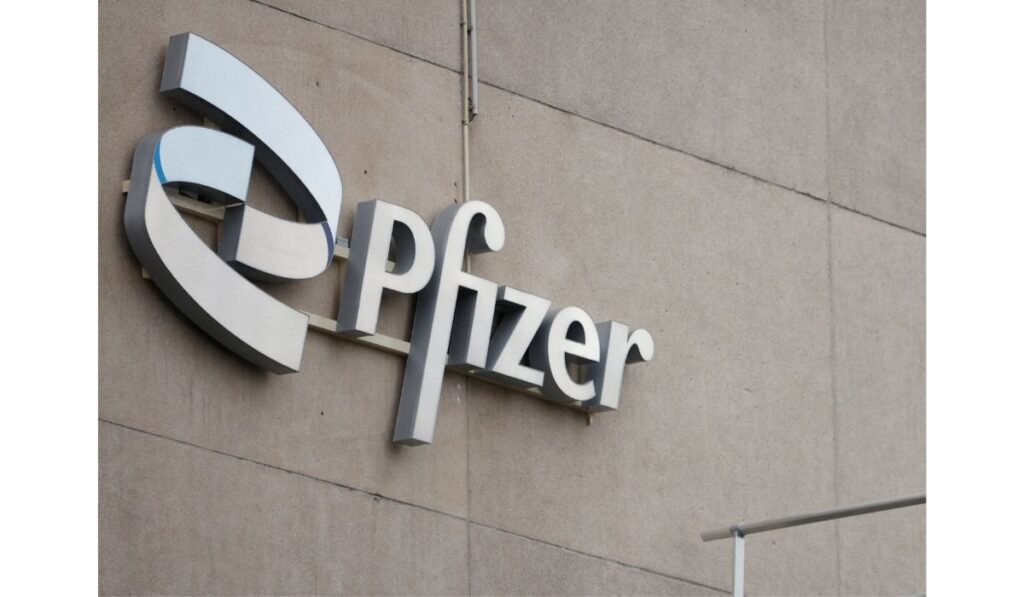(Reuters) – Pfizer anticipates its cancer drug Lorbrena will exceed $1 billion in annual sales by 2030. This projection stems from promising data indicating prolonged disease control in patients.
Lorbrena, like Pfizer’s Xalkori, is designed to treat cancer with a mutation of a specific gene called anaplastic lymphoma kinase, or ALK.
Follow-up results from the company’s Phase 3 CROWN trial, unveiled at the American Society of Clinical Oncology meeting in Chicago, showed that Lorbrena prevented disease progression in sixty percent of ALK-positive patients with advanced lung cancer after five years.
That compared with five-year progression-free survival of just 8% of patients treated with Xalkori.
Data revealed that approximately 53% of Lorbrena patients with brain metastases were disease-free after five years. This highlights the drug’s efficacy.
“We believe this is a blockbuster opportunity for Pfizer,” Chief Oncology Officer Chris Boshoff said in an interview.
Boshoff noted the potential of increased market penetration and longer treatment duration for ALK mutations. He emphasized that it offers a distinct opportunity compared to Xalkori, which fell short of blockbuster sales.
Boshoff said China would be a particularly important market for Lorbrena. While 4% of non-small cell lung cancer (NSCLC) patients globally have ALK-positive tumors, up to 7% of patients in China do. NSCLC is the most common type of lung cancer.
By prioritizing patient-centered approaches and leveraging scientific expertise, Pfizer is poised to make further strides in combating lung cancer and improving the quality of life for patients.
read more
image source








